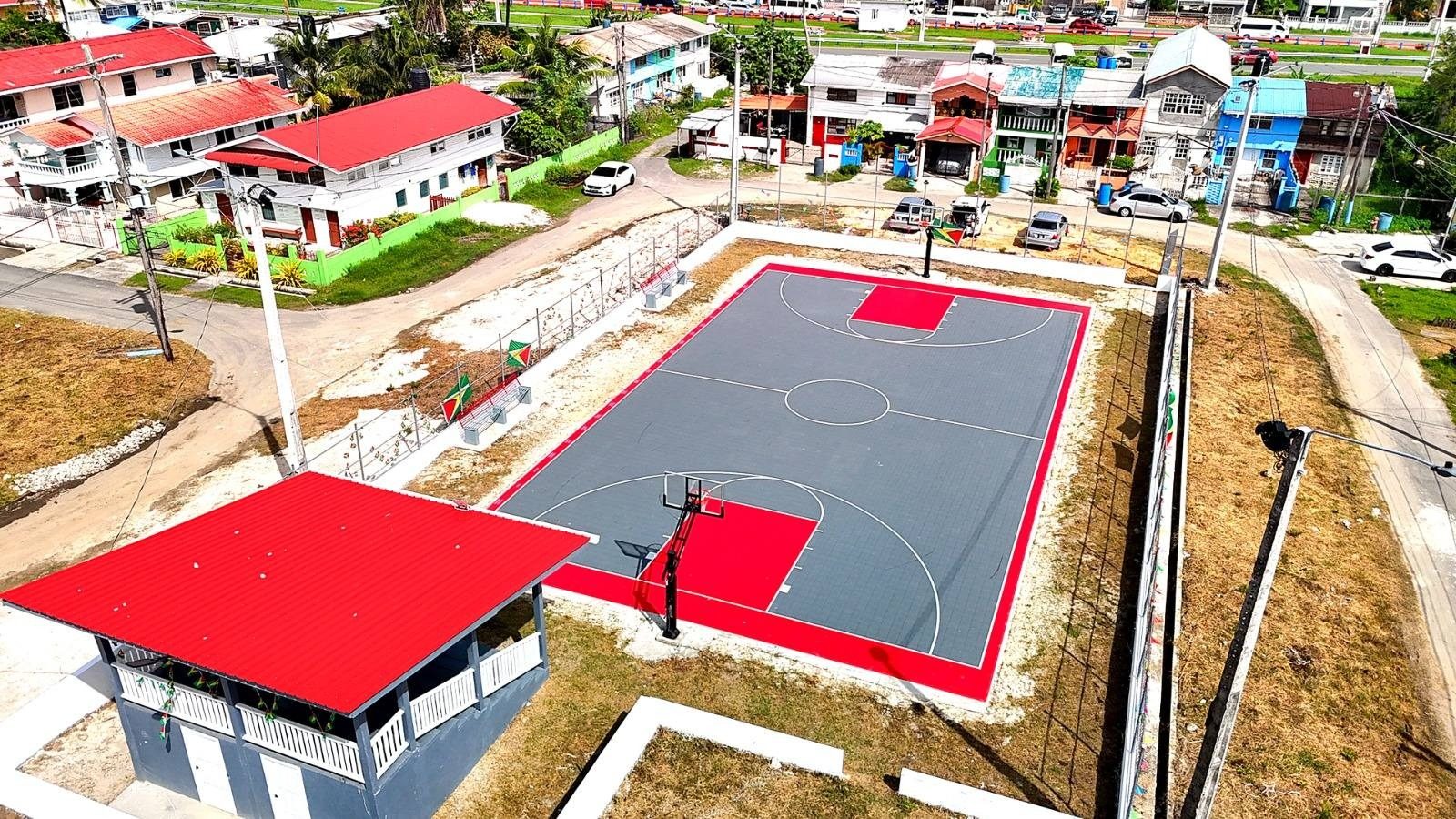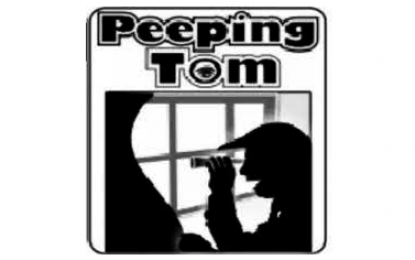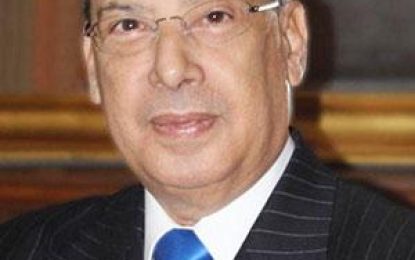Latest update February 3rd, 2026 12:40 AM
Latest News
A wider judicial inquiry is needed into the death of Orin Bosto
Sep 26, 2021 Features / Columnists, Peeping Tom
Kaieteur News – Orin Boston was shot dead during a police operation on the Essequibo Coast. The police have launched an investigation into his death.
However, even before the findings of the report of that investigation has been made public; some of the usual rabble rousers have already arrived at a verdict. They have done so presumably based on the statements made by a relation of the man who said he was with him at the time.
In this case, there were no independent eyewitnesses and therefore corroboration has to be forensic. The outcome of the post-mortem examination would provide some insights as to whether the man was shot while he was lying in his bed or whether, as the police originally claimed, he was shot while resisting. The angle of the entry of the fatal warhead and its path through the body would provide an idea as to whether there is any truth in either the evidence of the eyewitness or the version originally provided by the police.
The people of the village of Dartmouth protested Boston’s killing. As far as the protestors are concerned the man was assassinated by the police and they are demanding justice.
What is most interesting about this case is the involvement of the Special Weapons and Tactics Unit (SWAT). The involvement of the SWAT team would suggest that the intelligence received was of such nature that this was a major operation which could not have been left to the local police.
But was this a case of false intelligence, and was enough attention given to verifying the information which led to the decision to launch the operation? After all, nothing incriminating was found at the man’s or in other nearby houses which were searched.
There is a need for a wider investigation apart from only determining the circumstances surrounding the man’s death. The police are within their right to conduct such an investigation. If the police cannot investigate an incident of this nature, it is not fit to fight crime.
But there is another legal mechanism which would allow for a wider investigation. The laws of Guyana provide for unnatural deaths to be reported to the coroner in the area. The coroner is the magisterial district or magistrate in the area and if the magistrate cannot be found or is unable to act speedily, the nearest justice of the peace is the person to whom the report shall be made.
The law authorises, where necessary, for the coroner to hold either an inquest or an inquiry into an unnatural death. It is not automatic for either to be held, only where it has been deemed necessary by the coroner. An inquest is held into the death of any person in prison or in police custody or in any institution of confinement. An inquiry is held into the unnatural deaths of other persons.
The holding of a Coroner’s Inquiry would allow for a wider investigation into the death of Orin Boston. The proceedings are public.
A Coroner’s Inquiry cannot be ordered by the police. It has to be done on the authority of the Magisterial District in the area.
But Coroner’s inquiries and inquests are not without their controversies. As Eusi Kwayana admitted in an article entitled, “The Boiling Pot. What’s in it?” the holding of Inquests in Guyana had been unsatisfactory. The official excuse, he said, was a lack of magistrates.
Kwayana recalled that then Prime Minister, Forbes Burnham, had deemed the death of his Education Minister, Vincent Teekah, an “assassination.” But yet no inquest followed or was requested.
Kwayana also claimed that the Inquest into the death of Ohene Koama was “rigged” (his word, not mine). He said that no one was held criminally responsible and that the Burnham state had doctored the evidence to justify the shooting to kill.
The absence of Corner’s inquests and inquiries should be remedied. But the mechanism should be improved to prevent rigging and the doctoring of evidence, and to ensure a process that enjoys public confidence.
As late as 2018, the APNU+AFC had pointed to the legal requirements for the holding of Coroner’s inquests and inquiries. But it never held any into the multiple deaths which it had once claimed were the work of a killing squad directed by the PPP/C.
It is still not too late for the activation of and improvement of the laws concerning the holding of inquests and inquiries following the occurrence of unnatural deaths. The colonial era laws dealing with Coroner’s inquests and inquiries should be amended to allow for a mechanism which would be judicial in nature, free of political taint, independent and swift.
As it presently stands, the law requires a Coroner’s Inquiry into the death of Orin Boston. The holding of such a public inquiry would serve the interest of a wider inquiry, not only into the causes of death but also the purpose of the SWAT operation which led to the death of the Essequibo resident.
(The views expressed in this article are those of the author and do not necessarily reflect the opinions of this newspaper.)
Discover more from Kaieteur News
Subscribe to get the latest posts sent to your email.
Similar Articles
Listen to the The Glenn Lall Show
Follow on Tik Tok @Glennlall
Your children are starving, and you giving away their food to an already fat pussycat.
Sports
Feb 03, 2026
Kaieteur Sports – Basketball in Guyana received a major boost with the commissioning of a brand-new all-weather court in Campbellville, Georgetown, the first facility of its kind in the country...Features/Columnists
Feb 03, 2026
(Kaieteur News) – It is a rude question, almost an impertinent one, and that is why it unsettles. In Guyana, at this time of the year, it is drowned out by louder, more theatrical questions: Who is winning the Budget debate? Who is exposing whom? Who sounds convincing in the National Assembly?...Sir. Ronald Sanders
Feb 01, 2026
By Sir Ronald Sanders (Kaieteur News) – When the door to migration narrows, the long-standing mismatch between education and economic absorption is no longer abstract; a country’s true immigration policy becomes domestic — how many jobs it can create, and how quickly it can match people to...The GHK Lall Column
Feb 03, 2026
(Kaieteur News) – Stranger things have happened, that’s for sure. I just can’t recall when. But there he is, the We Invest In Nationhood leader, Mr. Azruddin Mohamed, operating in a new environment, and carving out his own path, actually laying down some pointers for the future. Does...Publisher’s Note
Freedom of speech is our core value at Kaieteur News. If the letter/e-mail you sent was not published, and you believe that its contents were not libellous, let us know, please contact us by phone or email.
Feel free to send us your comments and/or criticisms.
Contact: 624-6456; 225-8452; 225-8458; 225-8463; 225-8465; 225-8473 or 225-8491.
Or by Email: glennlall2000@gmail.com / kaieteurnews@yahoo.com












